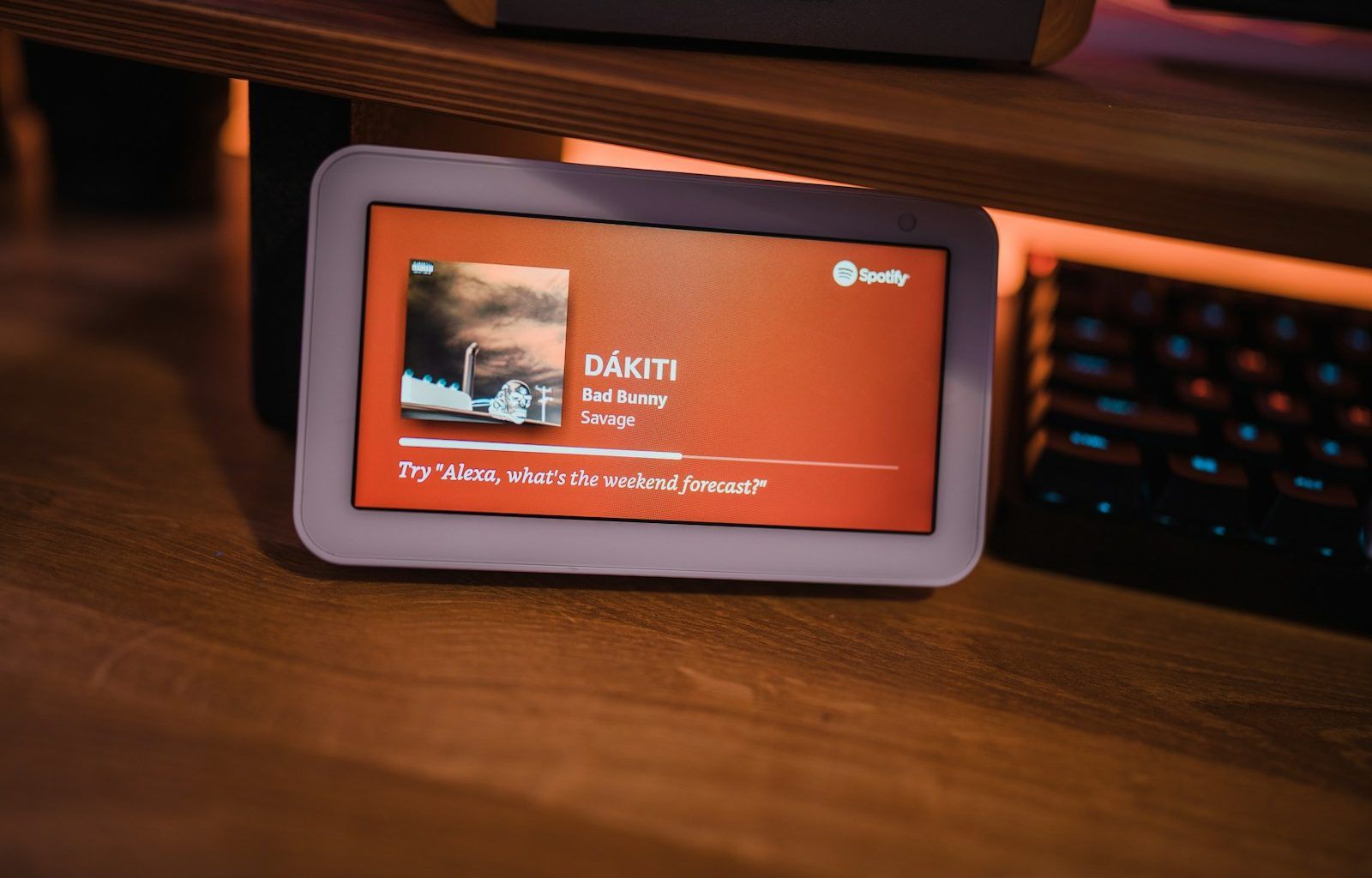Music has always been a universal language. Over the years, the way we access music has evolved tremendously. The advent of streaming platforms has transformed the industry, and Spotify has been at the forefront of this revolution. But when was Spotify launched, and how did it change the way we listen to music? Let’s explore the story of Spotify, from its inception to its global success.
The Birth of Spotify
Spotify was officially launched on October 7, 2008, in Stockholm, Sweden. Founded by Daniel Ek and Martin Lorentzon, Spotify was born out of a desire to combat music piracy and create a legal, easy way for people to access music. The founders envisioned a platform where users could stream their favorite songs seamlessly without having to download them illegally.
Before Spotify launched, music fans faced limited options. Downloading tracks was cumbersome, and legal streaming services were virtually non-existent. Spotify changed this forever, providing an intuitive and user-friendly platform that catered to music lovers around the world.
What Made Spotify Different?
When Spotify launched, it introduced a freemium model. This allowed users to access the platform for free, albeit with ads, or pay for a premium subscription to enjoy an ad-free experience. This innovative approach set Spotify apart from competitors and helped it gain rapid popularity.
Its intuitive interface was another game-changer. Spotify’s search functionality and curated playlists gave users a unique experience. Whether you were a fan of classic rock, hip-hop, or extended play tracks, Spotify had something for everyone.
The Early Days: Challenges and Growth
Spotify’s journey was not without challenges. When Spotify launched, convincing record labels to license their music was a Herculean task. Many in the music industry were skeptical about streaming as a viable business model.
Despite these challenges, Spotify persevered. By offering fair royalties and transparency, it gradually won the trust of major labels and artists. Within its first year, Spotify began gaining traction, particularly in Europe.
Spotify’s Expansion Across the Globe
Although Spotify launched in Sweden, it didn’t take long to spread its wings. The platform expanded to other European countries before making its debut in the United States in 2011. This marked a significant milestone, as the U.S. market was crucial for Spotify’s success.
In 2013, Spotify launched in additional markets, including Latin America and Asia. Its global reach continued to grow, making it the go-to streaming platform for millions. Today, Spotify operates in over 180 countries, bringing music to every corner of the world.
Spotify’s Impact on Artists and Listeners
Spotify’s launch not only changed the way listeners consumed music but also had a profound impact on artists. For independent musicians, Spotify provided a platform to share their work with a global audience. Artists could sell their music, including singles, albums, or even extended play collections, without needing traditional record labels.
Listeners, on the other hand, benefitted from the vast music library and personalized recommendations. Whether you wanted to discover new artists or replay your favorite hits, Spotify made it possible.
Innovations After Spotify Launched
Since its launch, Spotify has consistently introduced new features. From curated playlists like Discover Weekly to collaborations with podcasts, the platform has stayed ahead of the curve. In recent years, Spotify also delved into high-fidelity audio and exclusive artist partnerships, ensuring its dominance in the market.
Another exciting addition was the integration of social features. Spotify users could create playlists, share songs, and connect with friends over their shared love for music. These features enhanced the platform’s appeal and kept users coming back.
Spotify’s Role in Music Streaming Wars
When Spotify launched, it didn’t face much competition. However, over the years, competitors like Apple Music, Amazon Music, and Tidal entered the scene. Despite this, Spotify has maintained its edge, thanks to its user-centric approach and continuous innovation.
Conclusion
Spotify’s journey since its launch in 2008 is a testament to how innovation can disrupt an industry. By offering accessibility, variety, and personalization, Spotify transformed music streaming. For music fans worldwide, knowing when Spotify launched marks the beginning of an era that reshaped how we experience music.
From its humble beginnings in Sweden to becoming a global powerhouse, Spotify continues to lead the way in music streaming. Whether you’re a casual listener or an audiophile, Spotify’s impact on the music world is undeniable.
For further reading, explore these related articles:
- The Most Streamed Artist on Spotify in 2022: A Phenomenon Redefined
- Joe Rogan Spotify Deal: A Game-Changer for Podcasting
For additional resources on music marketing and distribution, visit DMT Records Private Limited.






